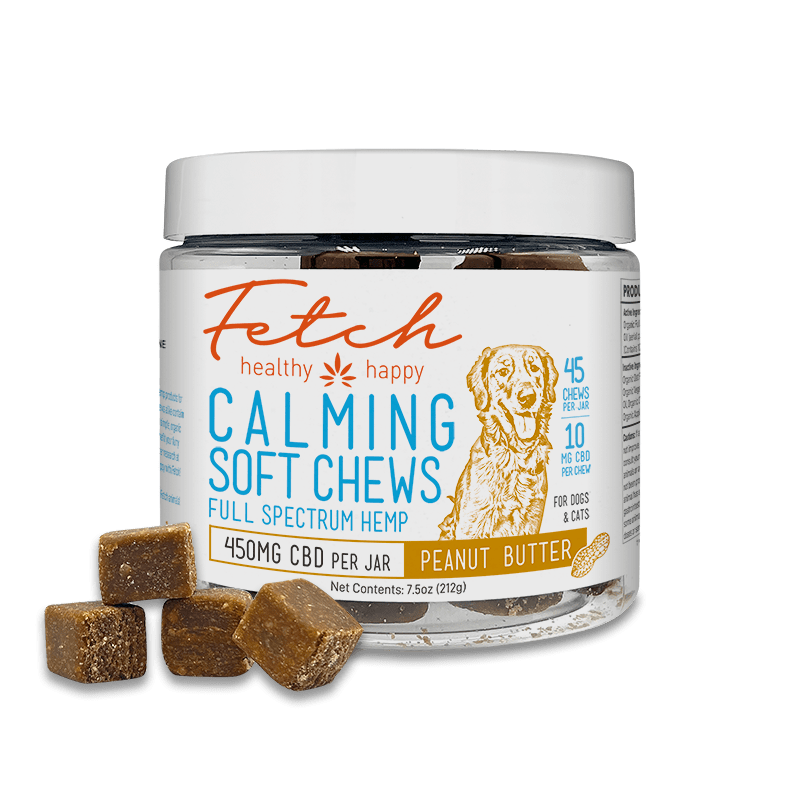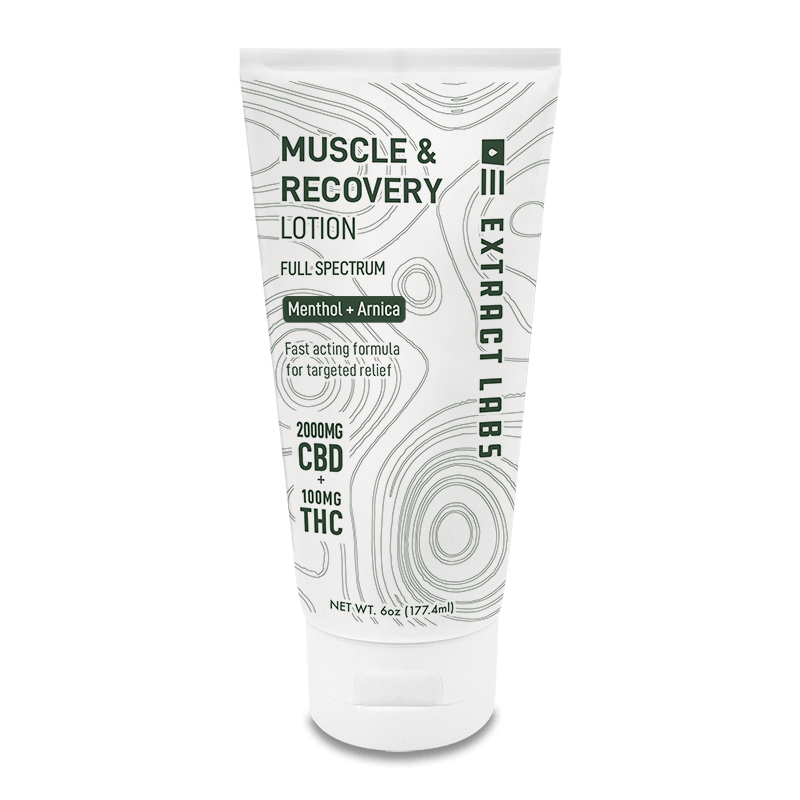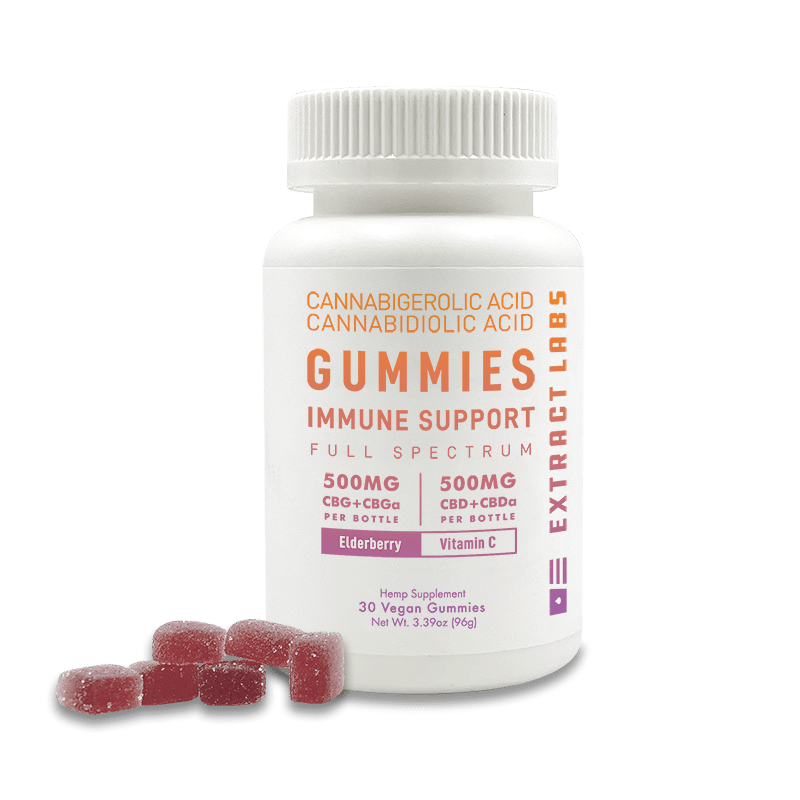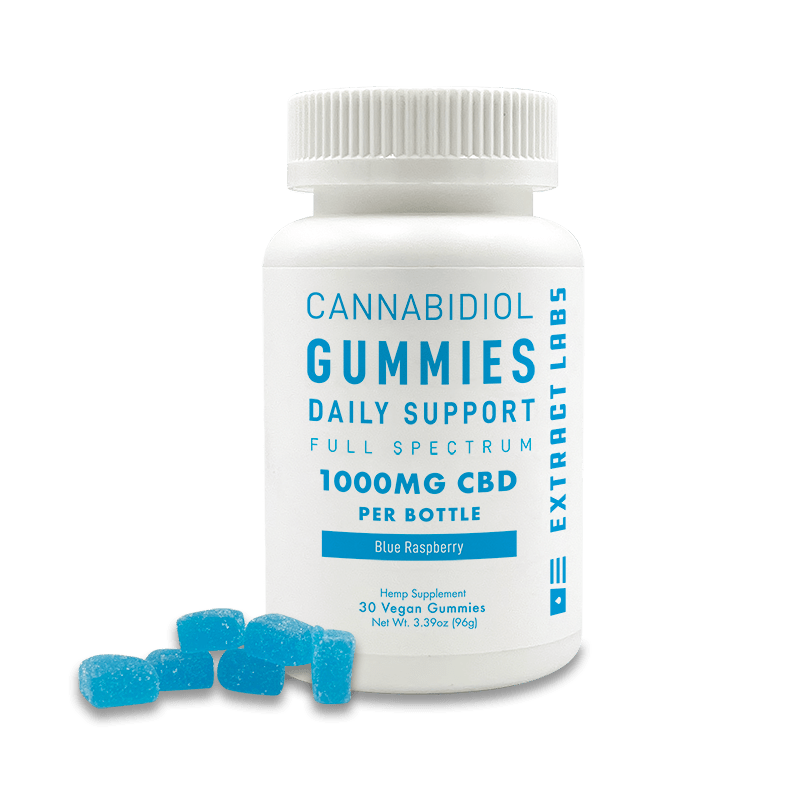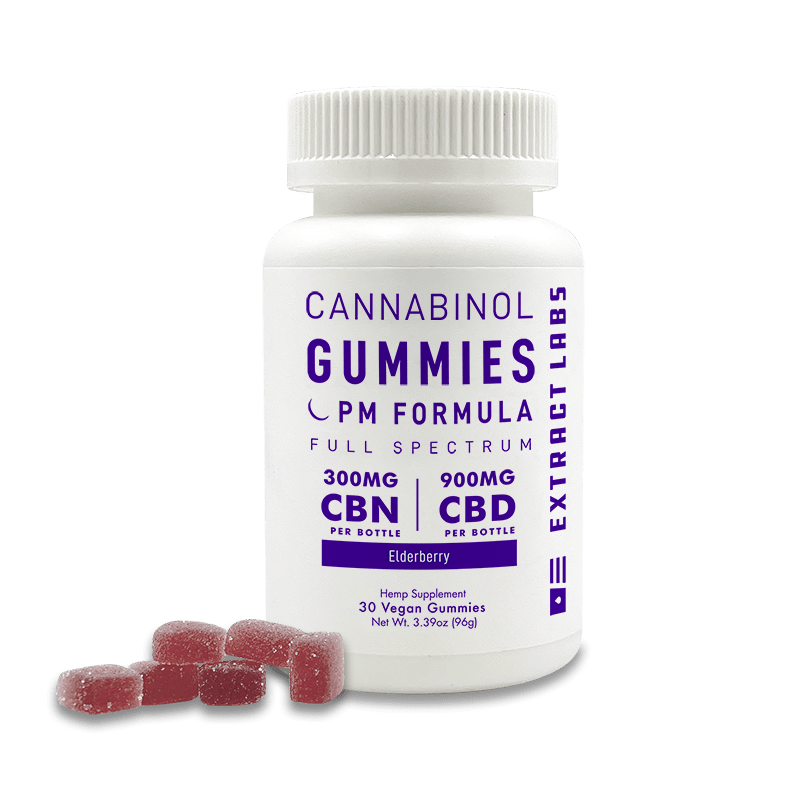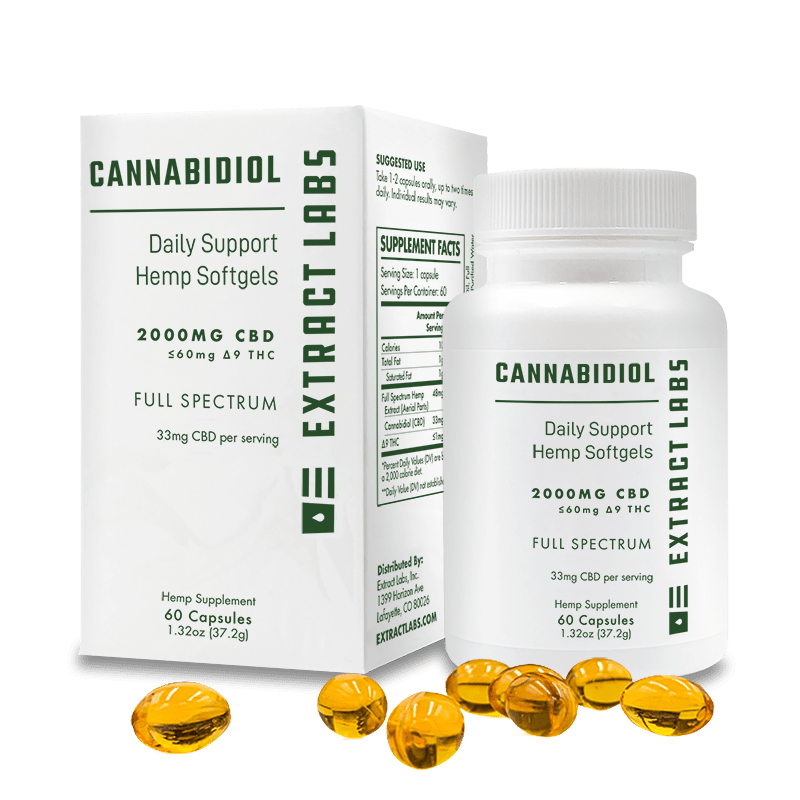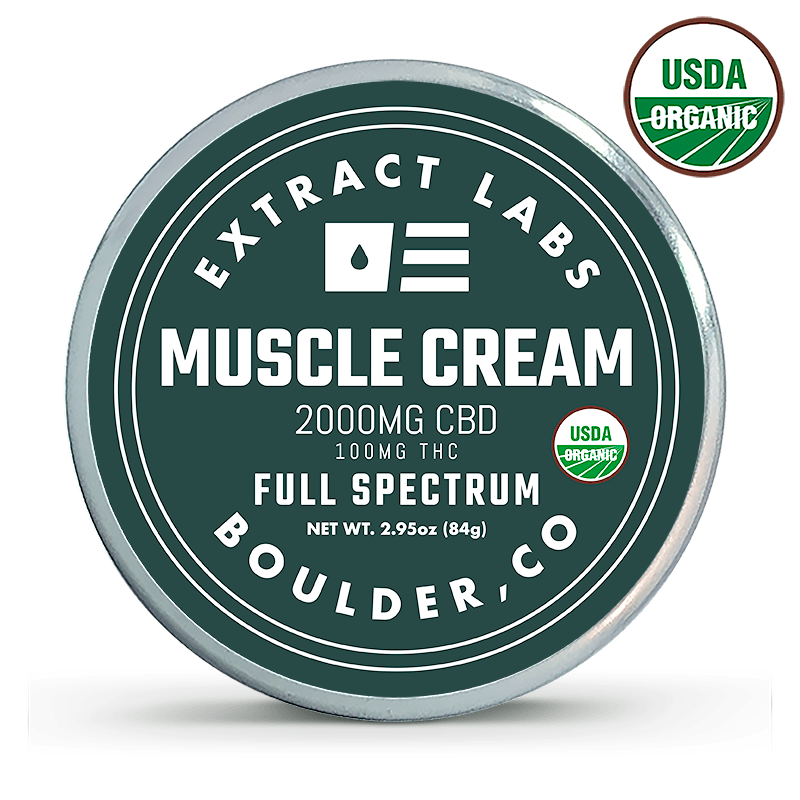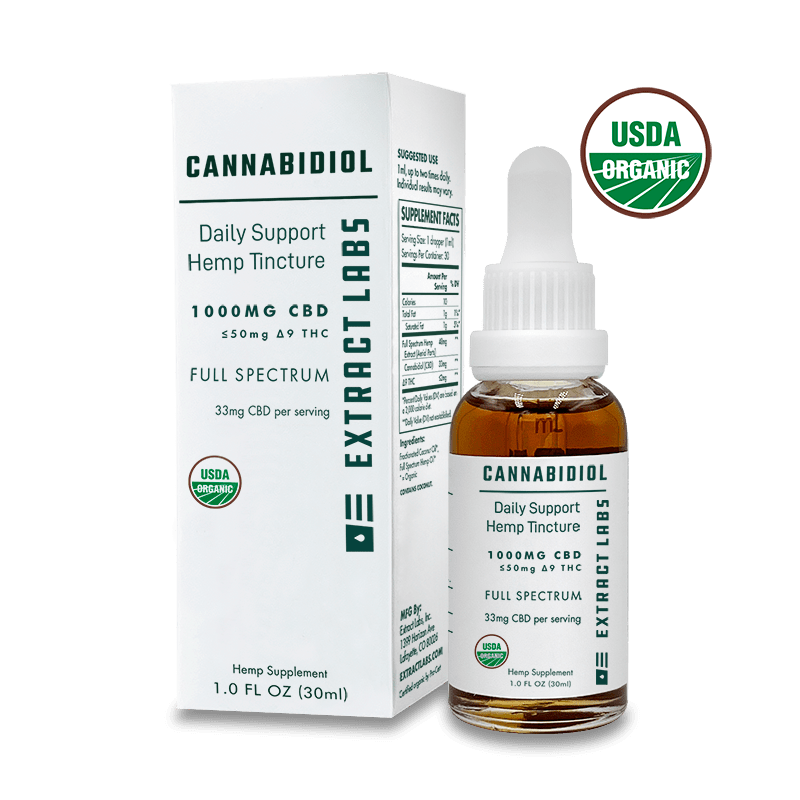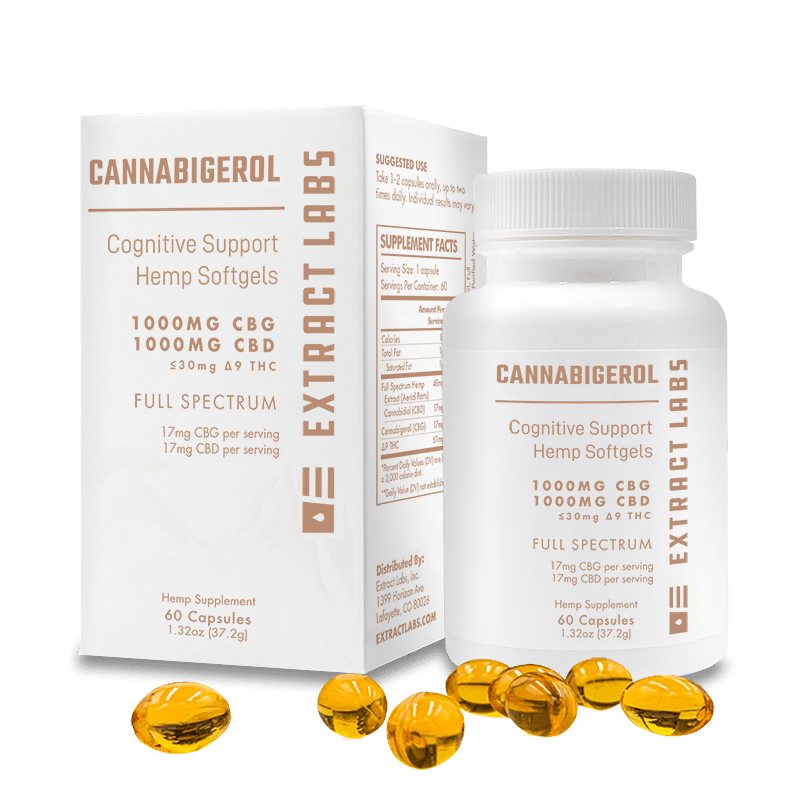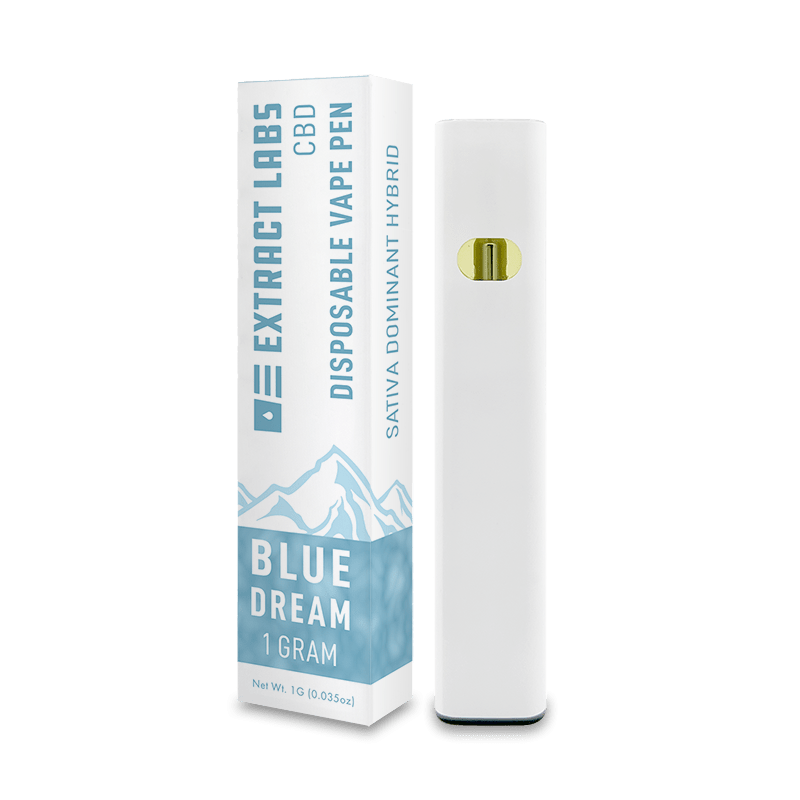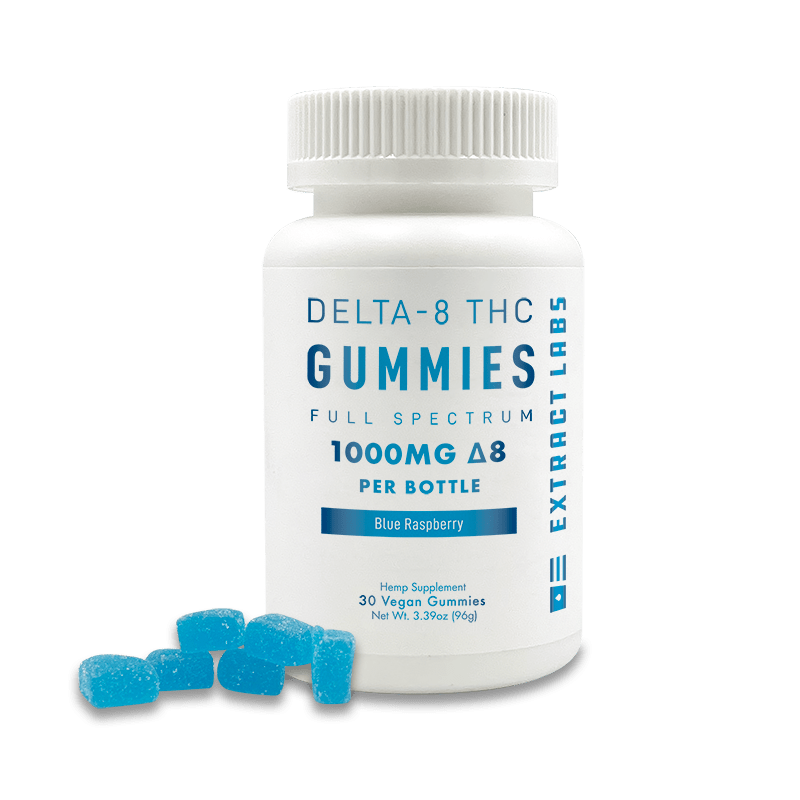WHAT IS INDUSTRIAL HEMP?
Industrial hemp is a variety of Cannabis that does not contain more than 0.3% tetrahydrocannabinol (THC) on a dry weight basis. Due to its low concentration of THC, industrial hemp does not have the psychoactive properties that are associated with marijuana and does not intoxicate the user. Cannabidiol (CBD) is one of more than a hundred phytocannabinoids identified in the hemp plant.
Hemp’s high quality fibers and nutrient dense seeds and oils have made it a valuable commodity throughout history. “Hemp cultivation exists around the world and has only recently been legal to grow in the United States since 2014 with restrictions. China, France, Canada and Australia are all large-scale producers and exporters of hemp, and the U.S. is known to be the largest buyer of hemp worldwide. President Obama enacted the American Agricultural Act of 2014 (the “2014 Farm Bill”), which included Section 7606, titled “The Legitimacy of Industrial Hemp Research.” Section 7606 of the 2014 Farm Bill allowed the states to pass legislation giving authority to their state Departments of Agriculture to promulgate rules and regulations and also allow the licensing of hemp pilot programs, including marketing research.”
YES, HEMP IS LEGAL!
On December 20, 2018, President Trump enacted the 2018 Farm Bill, which amended the American Agricultural Marketing Act of 1946 and added a definition for hemp as an agricultural commodity. So, what does the Farm Bill legally do?
The 2018 Farm Bill defines raw hemp as an agricultural commodity, alongside corn and wheat. Notably, the hemp provisions in the 2018 Farm Bill state, in part:
- Hemp is expressly excluded from treatment as “marihuana” under the federal Controlled Substances Act (“CSA”), meaning hemp is not, and cannot be considered, a controlled substance under federal law and that U.S. Drug Enforcement Administration (“DEA”) does not maintain any authority over hemp;
- Instead, the U.S. Department of Agriculture (USDA) shall regulate the cultivation of hemp at a federal level (to the exclusion of DEA) and is instructed to implement regulations according to the Farm Bill;
- “Hemp” is defined more expansively to include reference to – and protect – cannabinoids, derivatives and extracts;
- Individual states retain the right (which many exercised in early 2019 and more are anticipated to do so in early 2020) to enact legislation and promulgate regulations at the state and local level, subject to approval by USDA;
- Hemp farmers are specifically authorized to access crop insurance, grants and certifications;
- Tribal governments are specifically authorized to cultivate and produce hemp;
- Interference with interstate transport of hemp and hemp products is expressly prohibited;
- The 2014 version of the Farm Bill is to be repealed within 1 year USDA implements its program; and
- The Farm Bill does not affect the Federal Food, Drug and Cosmetic Act, which provides the U.S. Food and Drug Administration (“FDA”) authority to regulate permissible ingredients in ingestible products.
USDA AND FDA APPROVAL
The USDA began establishing a rulemaking process, which is expected to be finalized by late 2019, ahead of the 2020 planting season. Once finalized, the USDA will review and approve agricultural plans on a per state basis.
The FDA is also undergoing a review process concerning hemp extracted products, including those with CBD, starting with a May 31, 2019 hearing, to ensure that hemp products are within FDA guidelines.





